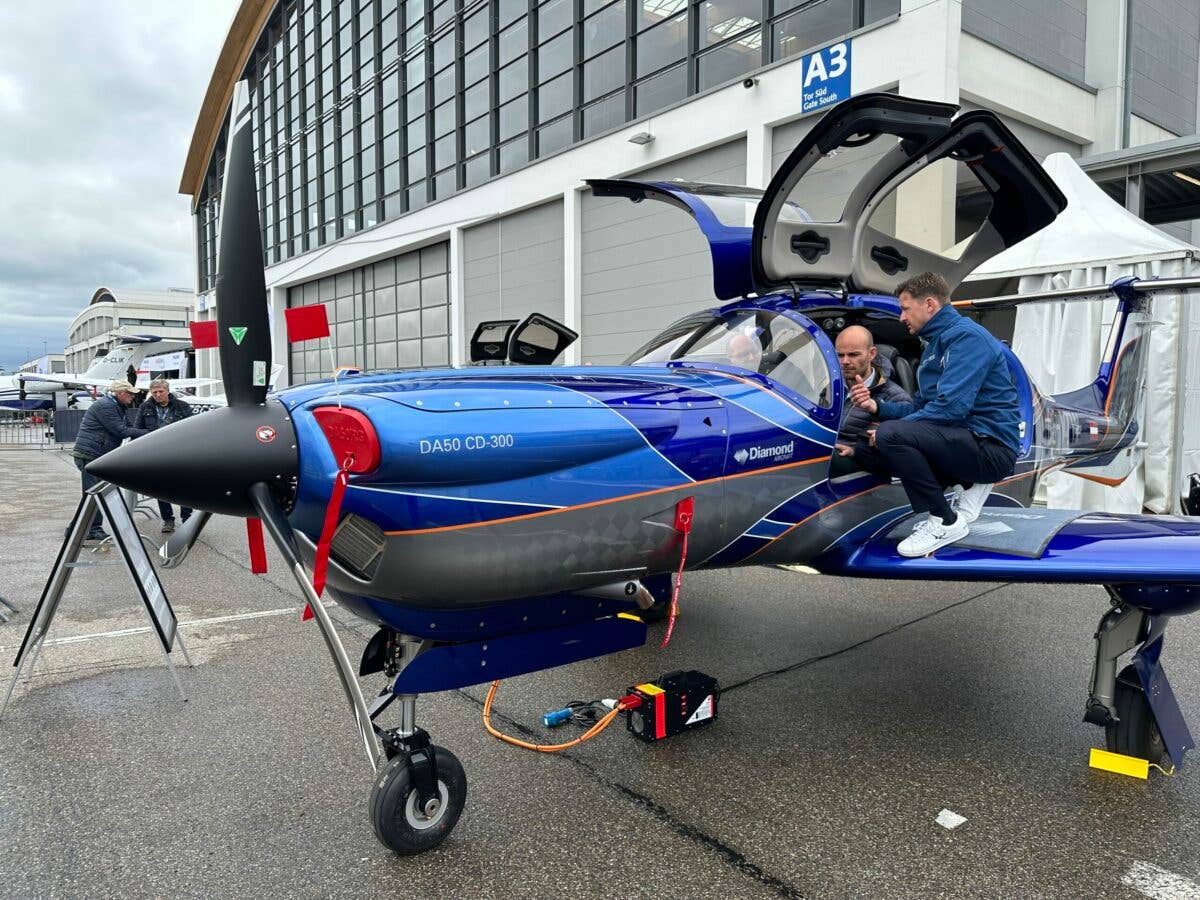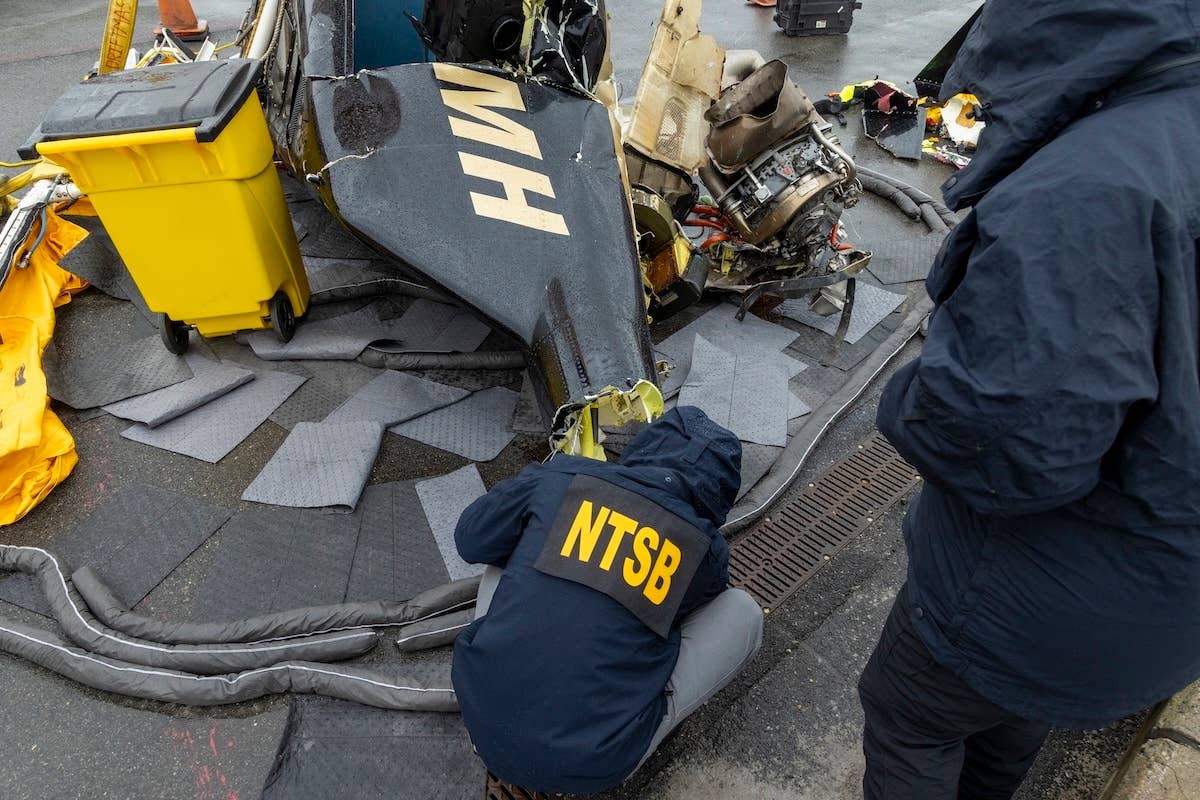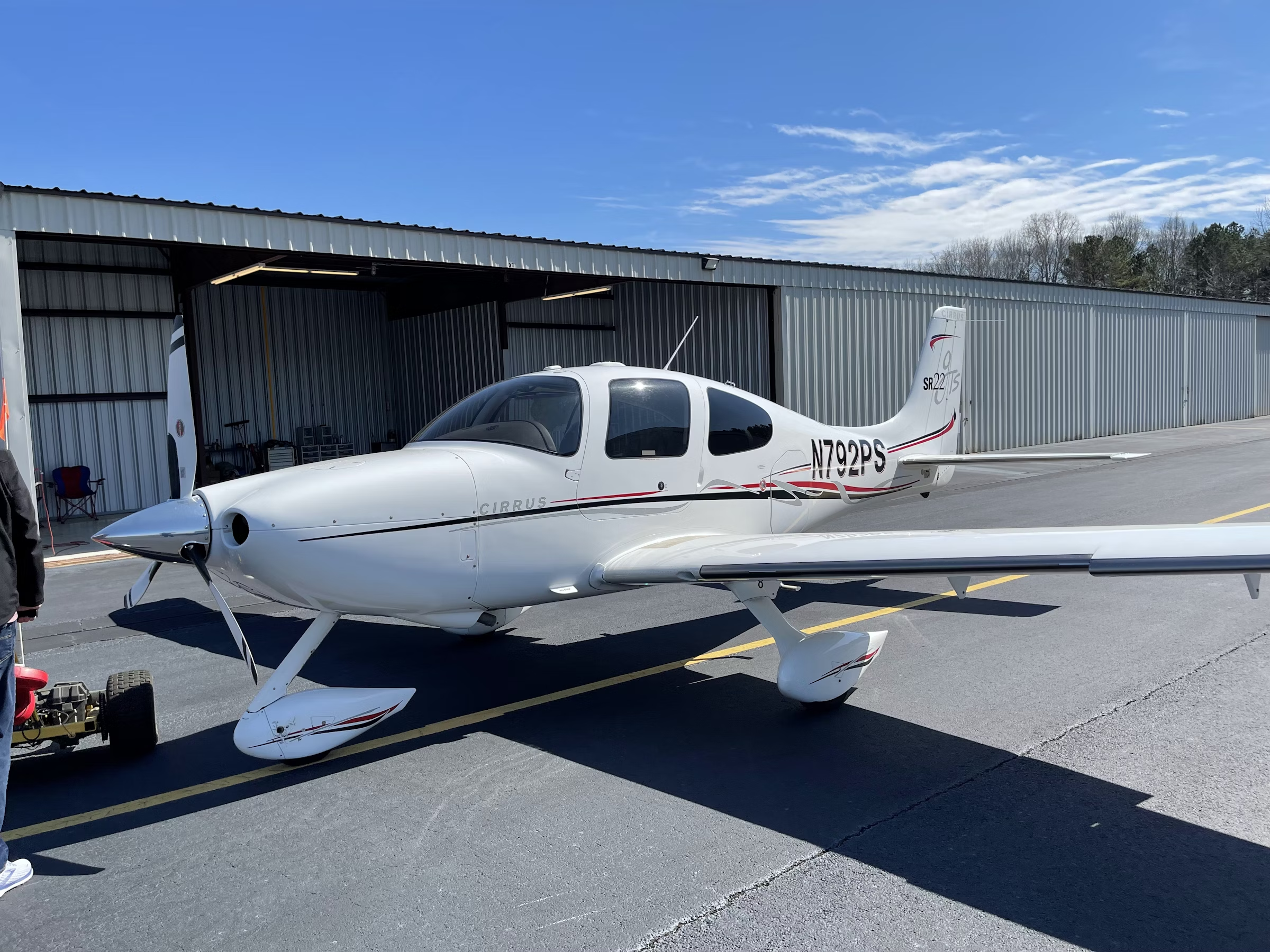Diamond Partners with Austro Engines on SAF
The initiatives will transition the fleet by 2025, with the ASTM SAF blend seeking market acceptance by 2030.

Diamond Aircraft’s fleet—including the new DA50 RG—is set for SAF as it already burns jet fuels. [Credit: Julie Boatman]
With the majority of its fleet able to utilize diesel-based fuels—including its new EASA-approved DA50 RG—Diamond Aircraft has long committed to better efficiency, lower operating costs—and a reduced overall environmental footprint.
To pursue further the development of sustainable aviation fuel solutions and alternative energy sources for its aircraft—current and future models—Diamond Aircraft Austria, together with its sister company Austro Engine, announced this week at AERO the projects it has undertaken recently towards this future.
“Next to the all-electric eDA40, SAF will become a near-term available solution for sustainable aviation,” said Robert Kremnitzer, head of the design organization for Diamond Aircraft Austria. “In the piston engine segment, we have the big advantage that most of our existing fleet is already using jet fuel. With this program we ensure that sustainable alternatives to [these] fuel types may be used as soon as they become available at airports with general aviation fuel stations with no or only minor adaptations to the aircraft.”
Austro will cooperate with fleet customer Lufthansa Aviation Training, fuel producers, and universities—and also with other GA partners, including a Germany-based initiative, aireg (aviation initiative for renewable energy in Germany e.V.).
“We believe the coexistence of several technologies is strategically sensible for general aviation,” said Felix Zahradnik, chief technology officer for Austro Engine. “In addition to further innovations in the field of material science and combustion process development, the key to sustainability lies in the type of fuel used. By using regeneratively produced fuels, not only can the existing infrastructure be utilized, but also the CO2 balance is significantly and directly influenced. The goal of current efforts is clearly the release of sustainable fuels for currently available aircraft.”
The partnership plans to result in an ATSM-accepted D7566 SAF blend, which will be a drop-in replacement for GA aircraft in the next couple of years. The company plans to power its own fleet with the blend by 2025, and gain market acceptance with the SAF by 2030. A 100-percent pure, unblended SAF is on the horizon for 2050.

Sign-up for newsletters & special offers!
Get the latest FLYING stories & special offers delivered directly to your inbox






